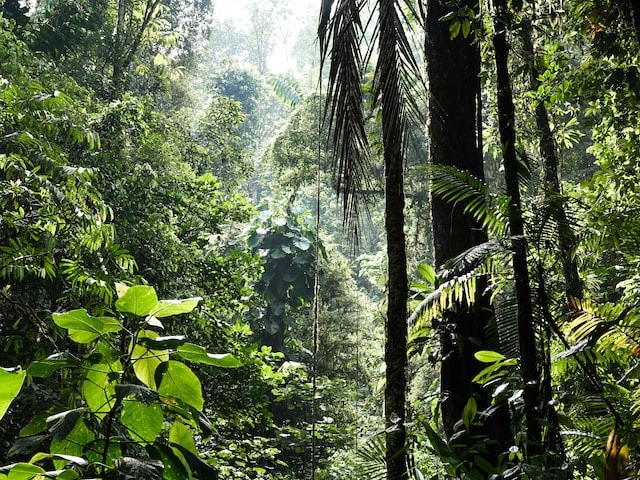Experts advise giving rivers, plants, and animals legal rights. A framework is necessary for future interactions with the environment and biotechnology, according to a report for the Law Society.

According to scientists, countries must grant legal rights and protections to non-human things like animals, plants, and rivers if they want to combat climate collapse and biodiversity loss.
Granting Legal Rights
According to the research titled Law in the Emerging Bio Age, legal frameworks are crucial for regulating how people interact with the environment and biotechnology.
There are currently laws in Bolivia and Ecuador that protect the environment, and there is a movement to have ecocide considered a crime by the international criminal court. The Law Society, the governing organization for solicitors in England and Wales, commissioned a research to examine how people's interactions with the environment may change.
Futures expert and research co-author Dr. Wendy Schultz said: "This is a developing trend. There is a growing recognition that something very different has to be done if our descendants will have a world to live in that is in any way pleasant, much less survivable. Is it moving as quickly as any of us would like? Perhaps not, which is why spreading the word is crucial.
Importance of a Legal Framework

Legal frameworks should be "suited for a more than human future," according to her co-author Dr. Trish O'Flynn, an interdisciplinary scholar who formerly served as the Local Government Association's national director for civil contingencies. This covers everything, including rivers, robots, and lab-grown brain tissue.
According to O'Flynn, we occasionally believe that we exist outside of nature and have control over it. "But in reality, we are only a different species that live in nature. If you think of evolution as a linear process, humans are at the top of the evolutionary tree in certain respects. Still, the global environment is far more powerful than we are. And I believe it is starting to show how we think about it.
Evolutionary growth, in which a species and person are permitted to realize their full cognitive, emotional, and social potential, is one example of a right.
O'Flynn added: "I argue that as a dog lover, such a right might apply to sows in intensive pig farming, calves stolen from their moms, and even pets. We do control their actions to suit our needs.
Ethics of Conservation
Developments in biotechnology also question the ethics of saving species from extinction or destroying existing ones. Scientists are considering returning woolly mammoths, and eliminating mosquitoes, which spread illnesses like malaria, has been discussed.
According to Schultz, "We are not clever enough to handle all of these skills and to control the consequences of choices we make regarding our interaction with the living world." Embedding some form of structure for accountability and responsibility for the results of these things is part of the problem, and that's where the law comes in.
The authors agree that, in contrast to Ecuador and Bolivia, where rights to the environment were granted under socialist regimes and inspired by Indigenous values, certain western countries may see opposition due to quite different traditions and beliefs (as was the 2019 ban on climbing Uluru in Australia).
Schultz said that it leads to a form of value that is a cultural movement away from the Judeo-Christian grand chain of being - sovereignty over nature. "Giving something that is culturally numinous rights simply so you can maintain it," he added. This reconfigures it to put us where we have always been and where we should think of ourselves as belonging, as only a node in this larger web of life on the planet.
For more news update about Environmental Action, don't forget to follow Nature World News!
© 2026 NatureWorldNews.com All rights reserved. Do not reproduce without permission.





